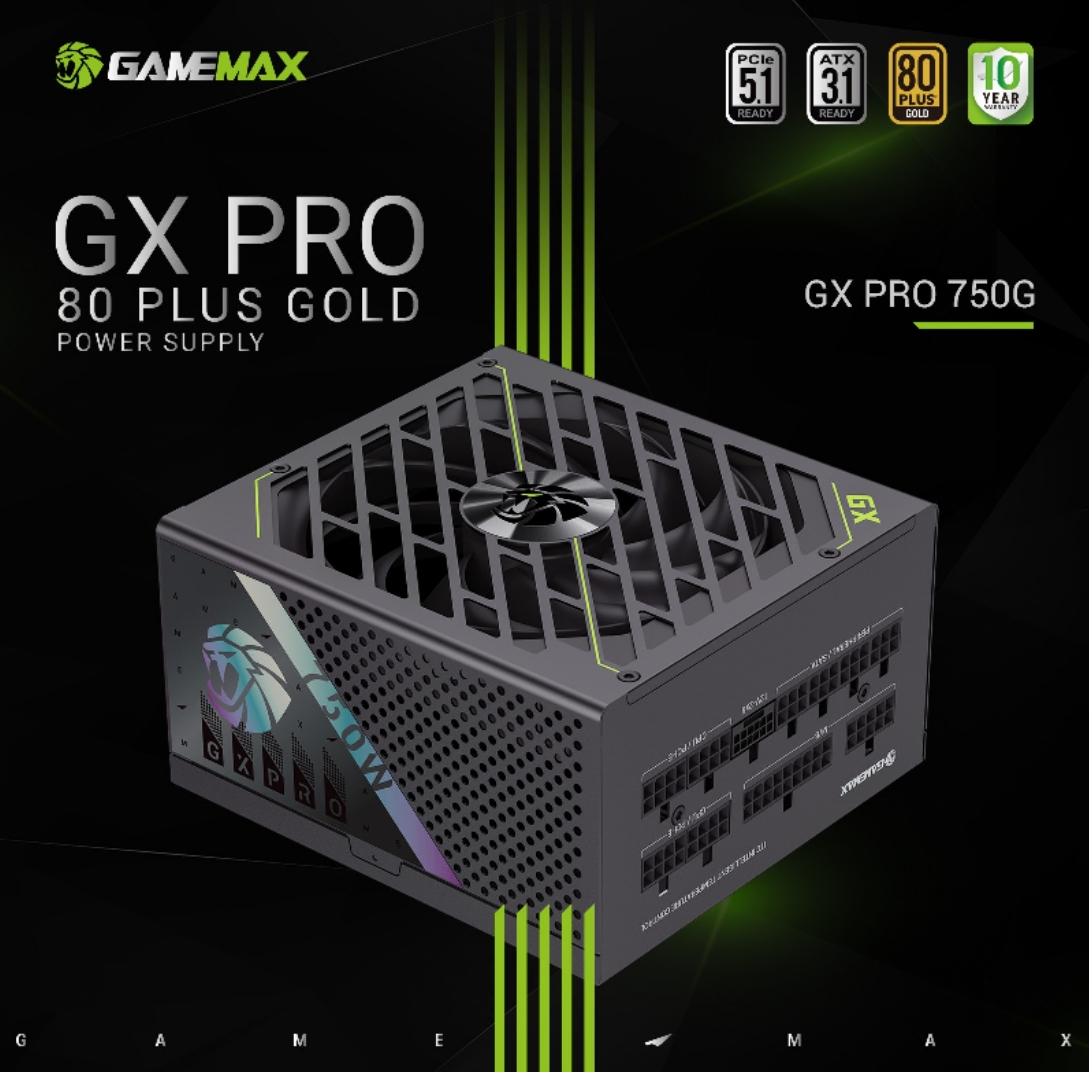When building or upgrading a PC, choosing the right power supply is a decision that impacts not just performance and stability, but also airflow, aesthetics, and ease of maintenance. One of the most common dilemmas buyers face is whether to go with a modular or non-modular power supply unit (PSU).
This guide explores the differences between modular, semi-modular, and non-modular power supplies, highlighting their pros and cons to help you make the best choice for your build.

Modular PSU: All cables are detachable. You only plug in the cables you need.
Non-Modular PSU: All cables are permanently attached to the unit.
Semi-Modular PSU: Some cables (like motherboard and CPU connectors) are fixed, while others (like SATA, PCIe) are detachable.
Modular PSUs allow you to connect only the cables you need. This reduces clutter inside the case, improves airflow, and enhances the aesthetic appeal — especially important in cases with transparent side panels.
Fewer cables mean less obstruction for airflow, which can help lower overall system temperatures. This is especially beneficial for compact or high-performance systems where cooling is critical.
Need to swap out a GPU or add storage? Modular designs let you add or remove power cables without disturbing other components, making upgrades and repairs simpler and faster.
With fewer cables hanging around, your build looks cleaner and more professional — a big plus for enthusiasts and those building showpiece rigs.
Non-modular PSUs are generally more affordable. If you're on a tight budget, you can often get a higher wattage non-modular unit for the same price as a lower wattage modular one.
Because all cables are permanently attached, there's no risk of losing or misplacing a necessary connector — a possible issue with fully modular PSUs.
If you’re building a standard office PC or don’t plan to upgrade often, a non-modular PSU can be perfectly sufficient. All the necessary connectors are already there, ready to plug and play.
Semi-modular PSUs offer a compromise: the essential cables (24-pin motherboard and CPU power) are fixed, while the rest are modular. This gives you a balance of cost-efficiency and cleaner cable routing.
Want a clean, professional-looking build
Plan to upgrade or change components frequently
Are working with a compact or airflow-sensitive case
Value customization and airflow optimization
Are on a strict budget
Don’t mind extra cables in the case
Are building a simple PC for basic use
Don’t plan to modify your system often
Want a balance between cost and convenience
Prefer some flexibility in cable routing
Are doing a mid-range build with moderate upgrade plans
There’s no one-size-fits-all answer to whether a modular or non-modular PSU is “better.” It all depends on your priorities: performance, aesthetics, budget, or ease of use.
For enthusiasts, gamers, and builders focused on aesthetics and airflow, modular or semi-modular power supplies are often worth the investment. For those who just need reliable power at a lower cost, non-modular options still offer excellent value.
No matter which type you choose, always buy from reputable brands and ensure your PSU has enough wattage and proper certifications (like 80 PLUS) for your system’s needs. After all, the PSU is the foundation of your system’s stability — and that’s something worth investing in.